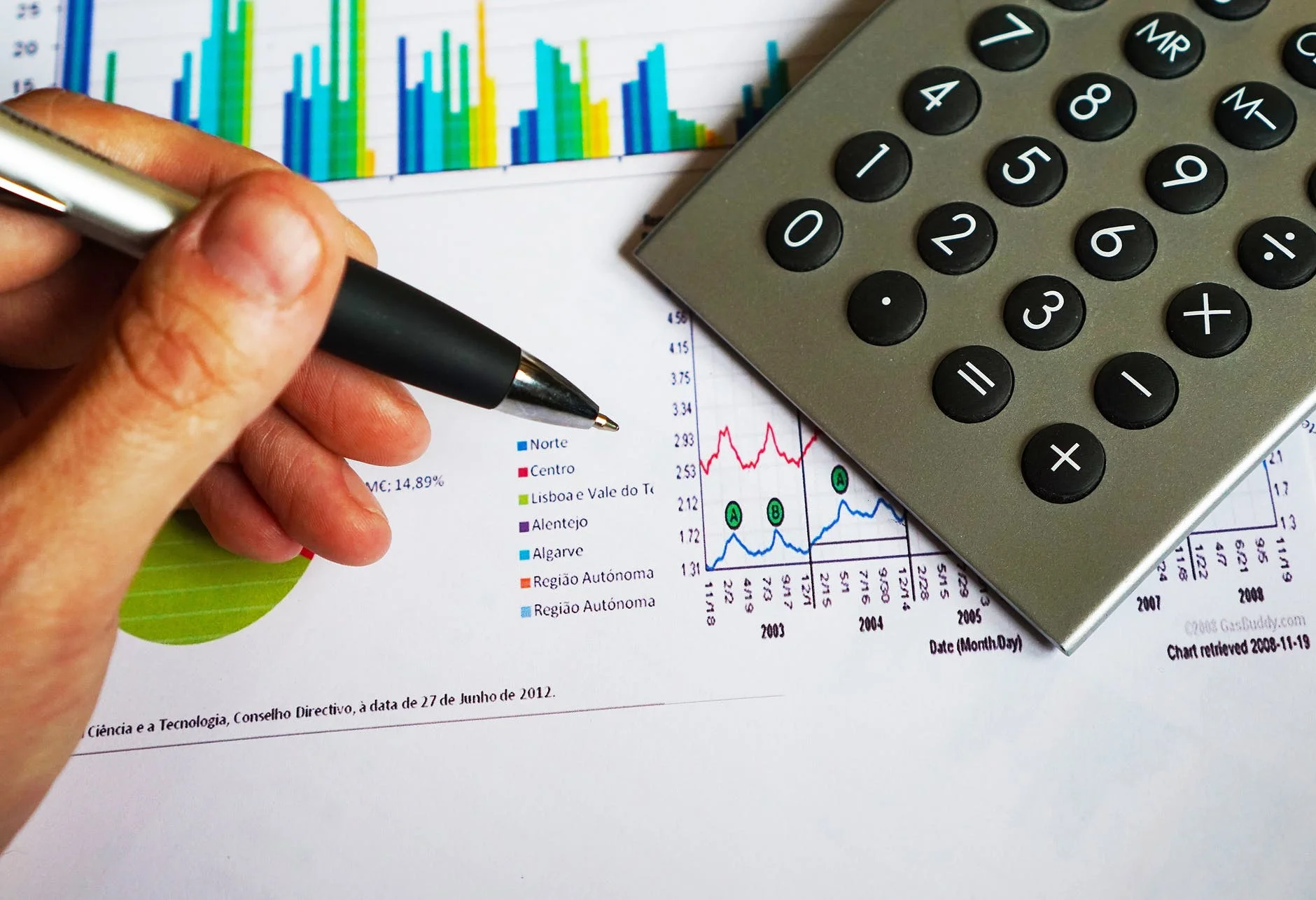How much to use will depend on the rest of your financial situation, including your monthly income, the size of your emergency fund, whether you are on track for retirement savings, and even the terms of the divorce. While it is important you get a place of your own, take your time with this decision. You don’t want your excitement over buying a new home to overshadow your rational analysis and decision-making.
Also Covered:
Impacts on monthly cash flow are key
Don’t overspend, especially in this market
Don’t unravel the fairness of the divorce settlement with the home purchase










